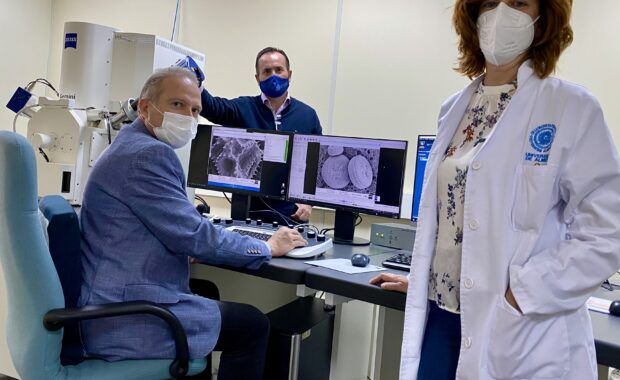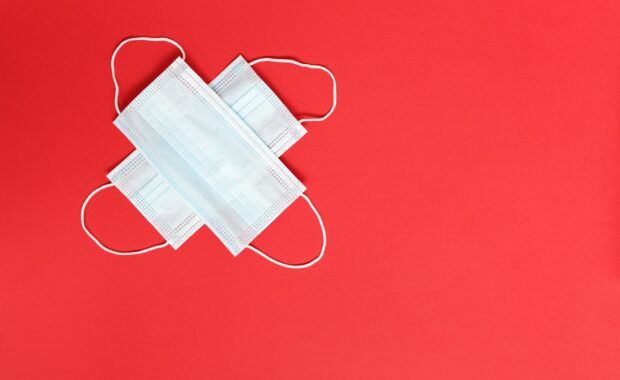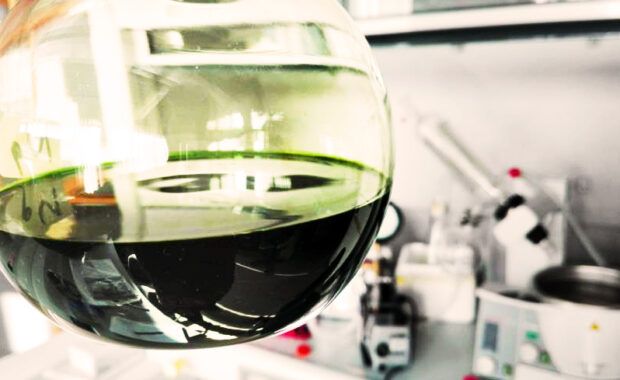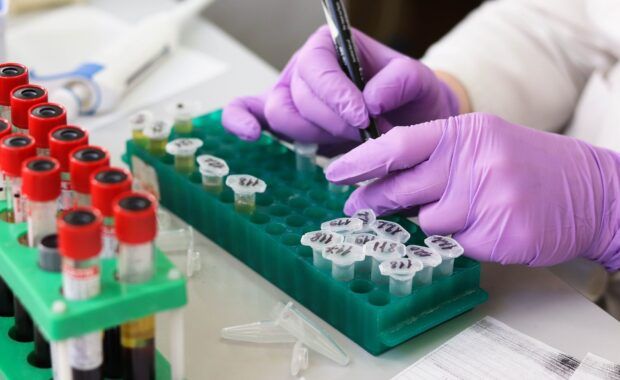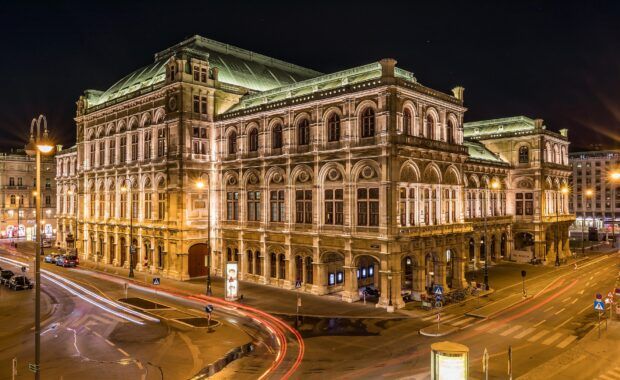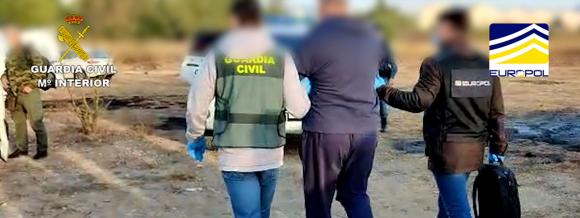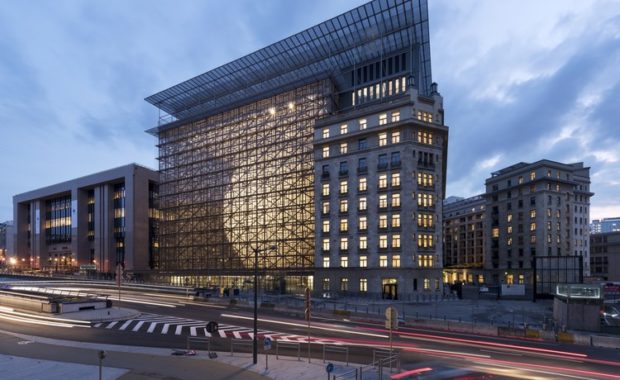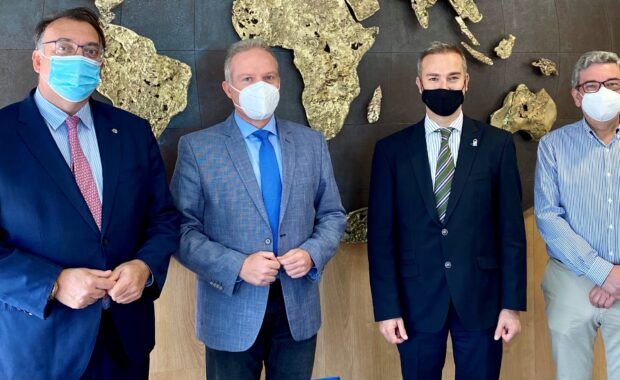The University of Almeria strengthens its commitment to research by acquiring unique state-of-the-art scientific-technical infrastructures and equipment, as one of the achievements of its excellent results in the latest competitive public calls. One of the latest equipment received is a Field Emission Scanning Electron Microscope (FESEM), for the Microscopy Service of the Central Research Services; […]
Read MoreEurogroup statement on COVID-19 developments this autumn
At the outset of Eurogroup meeting, members of the Eurogroup offered condolences to Austrian and French colleagues on the recent horrific attacks and reiterated that Europe will always stand together. The Eurogroup had a thorough discussion on the economic outlook in view of current COVID-19 developments. The Eurogroup was briefed by the Director of the […]
Read MoreVOPSA2.0: The use of microalgae in cosmetics
The global demand for food supplements and specific bioproducts from natural sources for human use is increasing dramatically. Moreover, the greater the number of products with a healthy role, the better the results in both research and the market. Different compounds derived from organisms such as Omega-3 fatty acids and the carotenoid Astaxanthin have incredible […]
Read MoreThirteen Spanish entities will receive funding for health research projects
Commission grants EUR 508 million for a total of 75 projects across the EU The last year of Horizon 2020 represents a record in funding for collaborative health research. The 75 projects selected following the evaluation involve 1158 professionals from 58 countries. Following the signing of grant agreements in the coming weeks, they should receive […]
Read MoreStatements by European leaders condemning the Vienna attacks
After the terrible events that took place last night in Vienna, several European leaders have demonstrated their condemnation of the events and their solidarity with the Austrian people: Ursula von der Leyen I am shocked and saddened by the brutal attack that took place in Vienna. My thoughts are with the families of the victims […]
Read MoreAn Individual Arrested In Spain For Spreading Terrorist Propaganda Online
He was seeking to recruit new members for the so-called Islamic State terrorist organisation The Spanish Civil Guard (Guardia Civil) arrested a supporter of the so-called Islamic State terrorist organisation in an operation developed together with Europol. The suspect was searching, editing and further disseminating terrorist propaganda material to young people online. The terrorist threat […]
Read MoreEU reaches political agreement on updated enforcement regulation
The Council presidency has reached an agreement with the European Parliament on a revised enforcement regulation. The aim of this regulation is to better protect the EU’s trade interests and rights in the context of the current blockage of the World Trade Organization’s (WTO) dispute settlement system. The regulation also ensures that the EU can […]
Read MoreLearn Law playing at the Ludoteca Jurídica of the University of Almeria
The digital platform Ludoteca Jurídica of the University of Almería advocates the compatibility of law and fun. Background Teaching law has been —and still is— characterised by a traditional format (master classes, etc.). However, there was a moment when the following question arose: Can law, as a branch of knowledge, be taught through the use […]
Read MoreInternationalization and Research, keys to the future of Andalusia
The internationalisation of companies from Almeria, based on the results of the research, was the subject of the meeting held on 27 October between the Andalusian Regional Government (hereinafter: Junta de Andalucía) and the University of Almeria. At this working meeting, organised by Amós García Hueso, Director General of Foreign Relations, and Diego Luis Valera, […]
Read More
